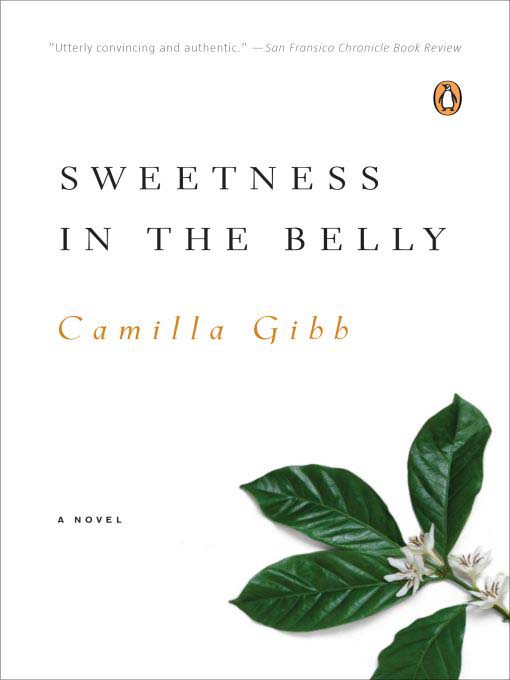- Self-Published Favorites
- Long Books to Get Lost In
- Recently Added and Available Now
- New eBook Additions
- New Kids Additions
- New Teen Additions
- Most Popular
- Try Something Different
- Always Available E-books
- #ReadIndie
- Comics Galore!
- See all ebooks collections
- Always Available Audiobooks
- Recently Added and Available Now
- New Audiobook Additions
- New Kids Additions
- New Teen Additions
- Most Popular
- Try Something Different
- See all audiobooks collections

